Tailgunner
No longer a newbie, moving up!
- Joined
- May 2, 2013
- Messages
- 1,850
- Reaction score
- 280
- Location
- Dallas TX
- Can others edit my Photos
- Photos NOT OK to edit
Is this a hot button topic for photographers?
In a word, yes.
Thanks, I'll keep that in mind for future reference.
digital directly manipulates the image after the photo has been taken
Film was also manipulated : 18 Old-Timey Photos You Won't Believe Aren't Photoshopped | Cracked.com <-- extreme examples, but "Photoshopping" was around loooong before Adobe introduced us to Photoshop.
Film can be manipulated but doesn't seem to be a rule.





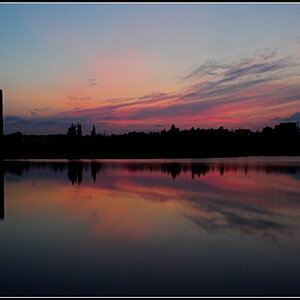
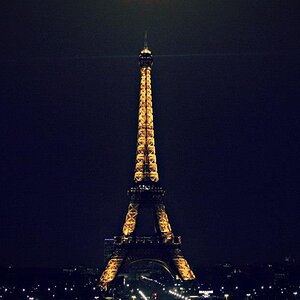
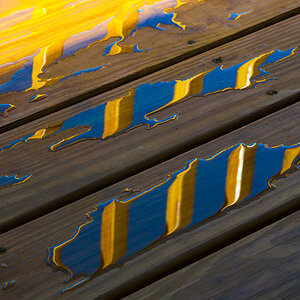
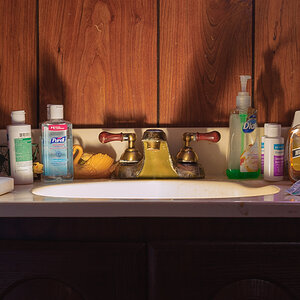


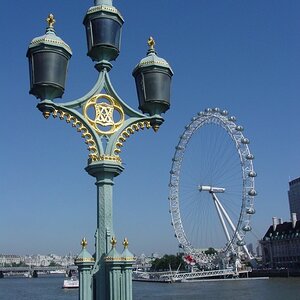

![[No title]](/data/xfmg/thumbnail/35/35963-4809c92024a0e6355dd194caf9297701.jpg?1619737279)